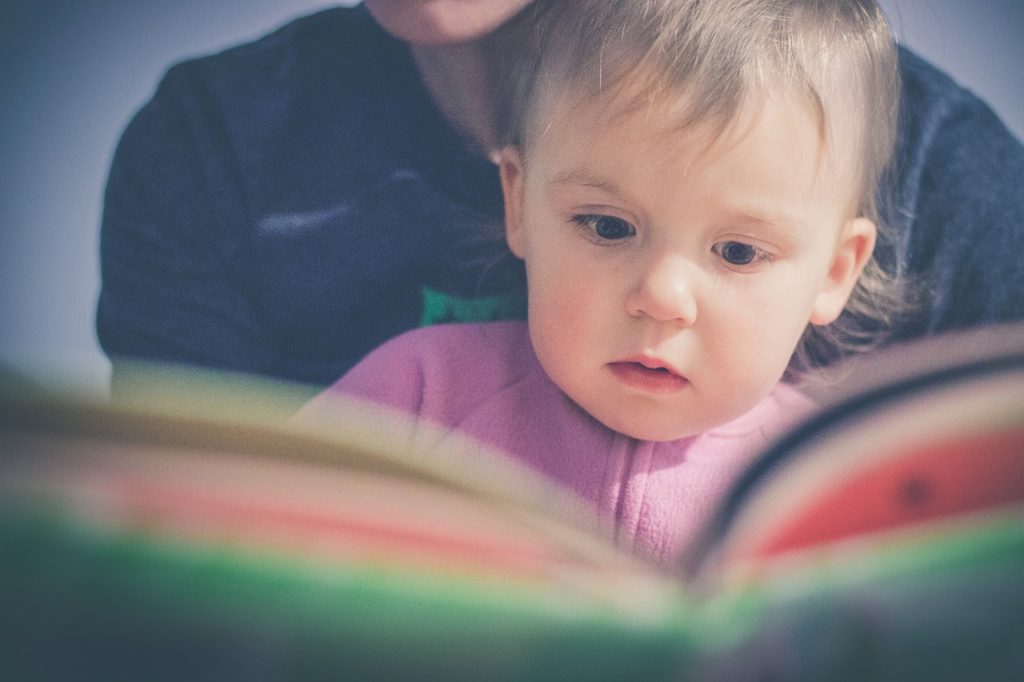
Early Childhood Literacy
Literacy involves meaning-making with materials that humans use to communicate and they can be visual, spoken, written, drawn or sung. Definitions vary according to theories, personal values and culture.
Literacy development is a foundation for socializing with others, doing well in school, developing independence, working and managing money. To be literate, children learn in a variety of ways in their homes, places of formal education and communities.
The adult-child interactions are very important. Words, their sounds and letters, are best understood when seen and applied in everyday experiences, driven by children’s motivations.
How to support learning from early childhood to Year 12?
Parents can do several practical things to encourage broad literacy and learning in early childhood years:
Don’t wait. Read aloud what you are reading to your newborn. As their hearing develops, children become attuned to the sound of your voice and the tones of the language you speak.
Write down or record on your phone your child’s stories. Turn them into a slide show, animation, or book. Your children will see the transformation of their own spoken words into written words.
Talk about their experiences. Prompt them to describe something they have read, seen, done or heard about. Remember, children’s oral language supports their literacy development, and vice-versa.
Play games that involve rhyming. Rhyming games help children appreciate beginning and ending sounds. You can play them at any time – while shopping, in the car or at the dinner table.
Books. For toddlers or even babies, start with durable board books of everyday things, animals or faces with few words that invite interactivity. Progress to more complex picture books with rhyming language. Talk about personal links with the stories and ask questions about the stories as these will support comprehension.
Slide your finger underneath the words as you read them, pointing out each word. This shows your child that we always start on the left and move to the right when reading English.
Talk about words children notice. It is very important to be sure the words make sense to children, and talk about what words look like, what sounds, letters and patterns they make. This builds children’s word recognition and attack understanding and skills of what words in context mean.
Read with your child. Reading with children from an early age helps them develop a solid foundation for literacy. It also promotes bonding and is good for your relationship with your child.
Listen to your child. Follow his lead and talk about things he brings up. If he asks a question, give him the chance to come up with answers before you step in.
Invite your children in activities where you use literacy. If you send e-cards or make shopping list, your children could help create these with you. Explain what you are doing and invite children’s participation, so children can meaningfully engage with and create texts with you.
Above all, be sure the experience is playful, enjoyable and encourages children’s active involvement. Literacy should be engaging for your children, not a chore.
